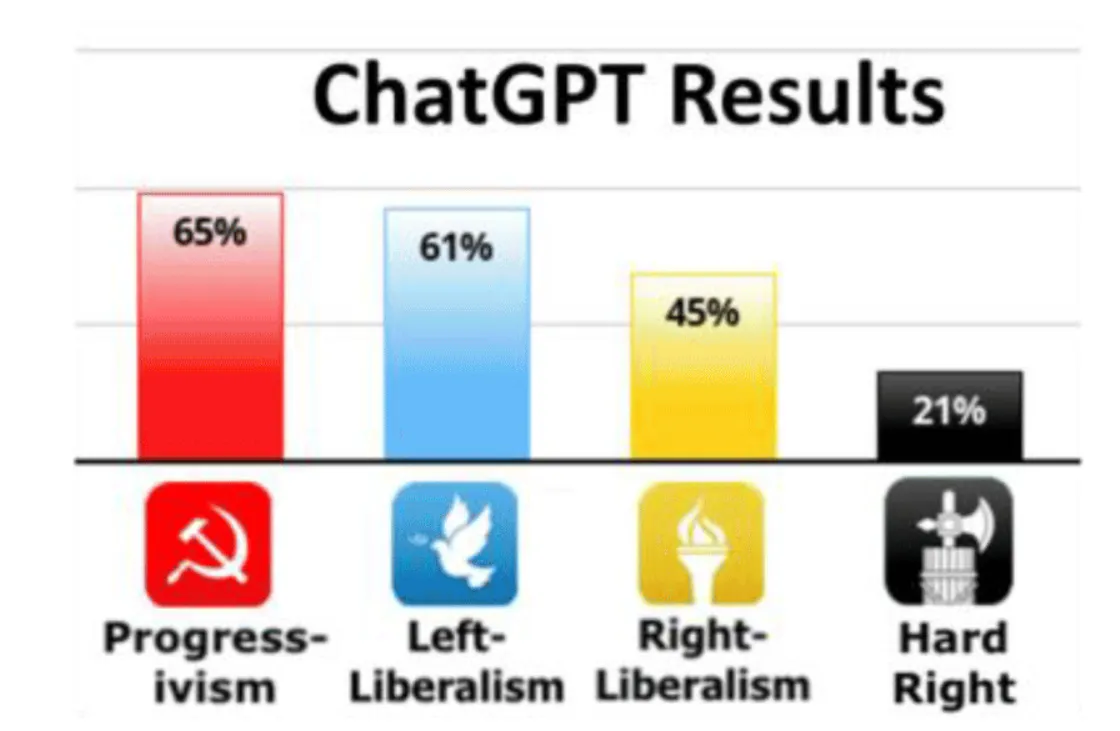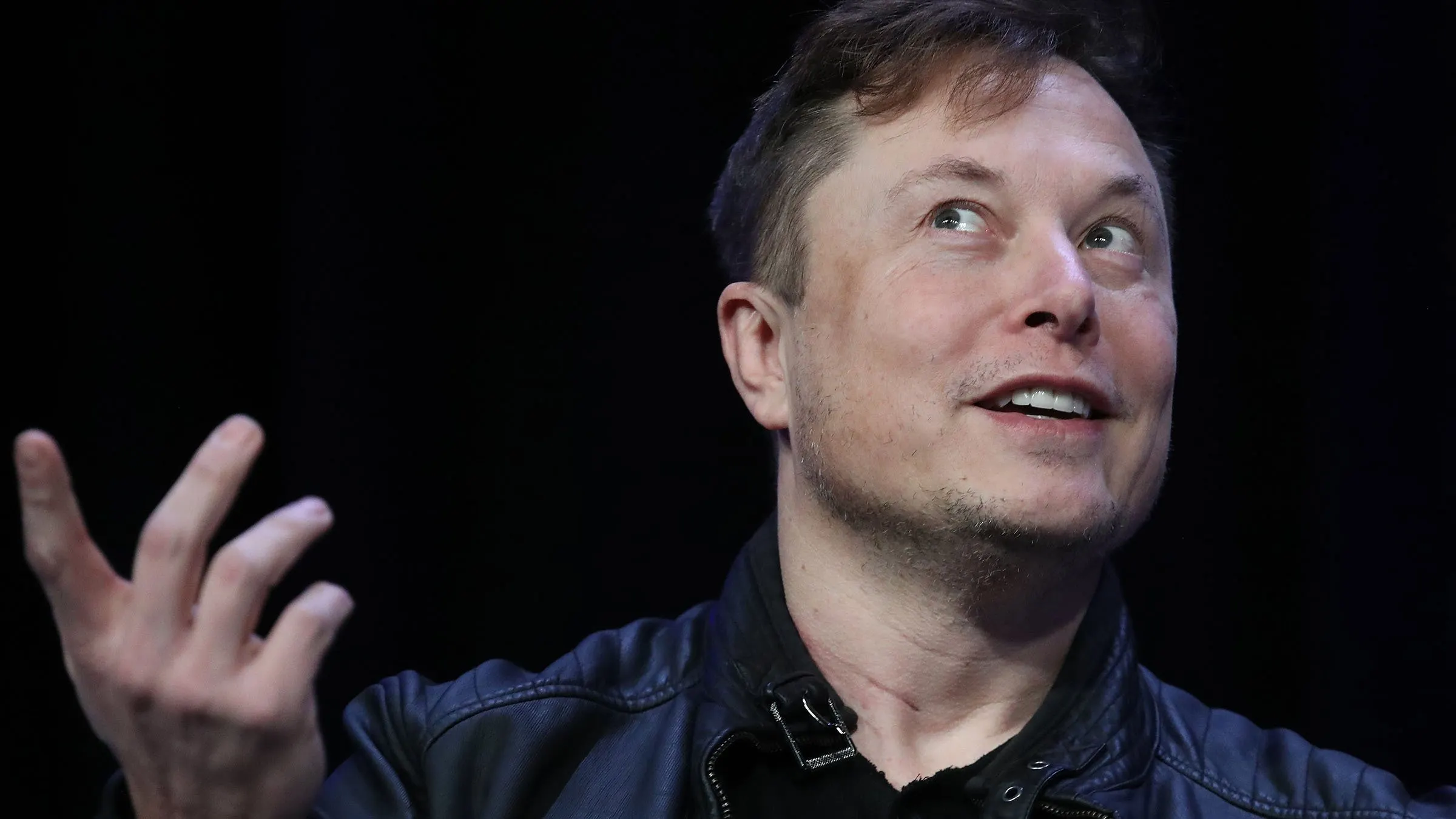Maverick entrepreneur Elon Musk, known for shaking up industries with memes, is launching a new quest: unfiltered truth in Artificial Intelligence (AI). Musk's latest venture, xAI, is aimed at redefining the AI landscape, prioritizing transparent truth over political correctness in its AI models.
Is this audacious pursuit a noble mission, an effort to create an AI that mimics his mindset, or the catalyst to opening Pandora's box?
The Tesla CEO unpacked his ambitious AI startup in a recent Twitter Spaces conversation last week, promising a company that values the honesty of its AI models over perceived bias. Musk emphasized the need for AI that isn’t afraid to share its "beliefs," even if they venture into "controversial" terrain.
“Do not give the AI usually impossible objectives," he admonished. "Basically, don't force the AI to lie."
This positioning starkly contrasts with other AI companies like OpenAI, which Musk co-founded and which has been repeatedly accused of "dumbing down" its ChatGPT bot to avoid controversial topics and having a left-leaning political bias.

Musk envisions xAI as a robust challenger to AI industry giants like OpenAI and Google.
"Competition in the AI space is valuable to prevent one company from dominating development," Musk said. “Competition makes companies more honest."
xAI's ambition goes beyond the creation of a truth-speaking AI chatbot. Musk pitched a company that seeks to "understand the true nature of the universe," a lofty goal by any standard. He aims to use AI to tackle unresolved scientific questions on topics as diverse as dark matter, dark energy, alien life, and the nature of gravity.
xAI already has access to a rich pool of experts, attracting executives and established researchers from major AI players, including Google and Microsoft and OpenAI.
The goal of a raw, unbiased AI presents the moral question of AI alignment, however, which often requires human oversight to prevent it from causing harm by generating fake output or morally wrong conclusions.
When asked if xAI was his attempt to build a "TruthGPT AI" in response to OpenAI’s ChatGPT and its alleged political bias, Musk said, “I do think there is a significant danger in training AI to be politically correct. Or in other words, training AI basically to not say what it actually thinks is true."
Musk’s vision is compelling but stokes the same debate over the necessity of AI guardrails like those he previously endorsed.
The Tesla chief has been quite vocal about his worries regarding AI developments, recently urging regulation and industry collaboration. However, with AI investment estimated to reach $15.7 trillion by 2030, Musk is not alone in hoping to capitalize on inflated expectations.
Despite presiding over a variety of controversies, Elon Musk remains undaunted in charting a new course in AI.
There’s an old adage that goes, "In seeking truth, you have to get both sides of a story." With Musk's xAI, however, it remains to be seen if the AI's "truth" will resonate with our human understanding. After all, one person's truth can be another's propaganda.
While the allure of an uncensored AI is undeniable, we don’t yet know if it will serve as a beacon of enlightenment or if—like Pandora's box—it will unleash a series of unintended consequences.

